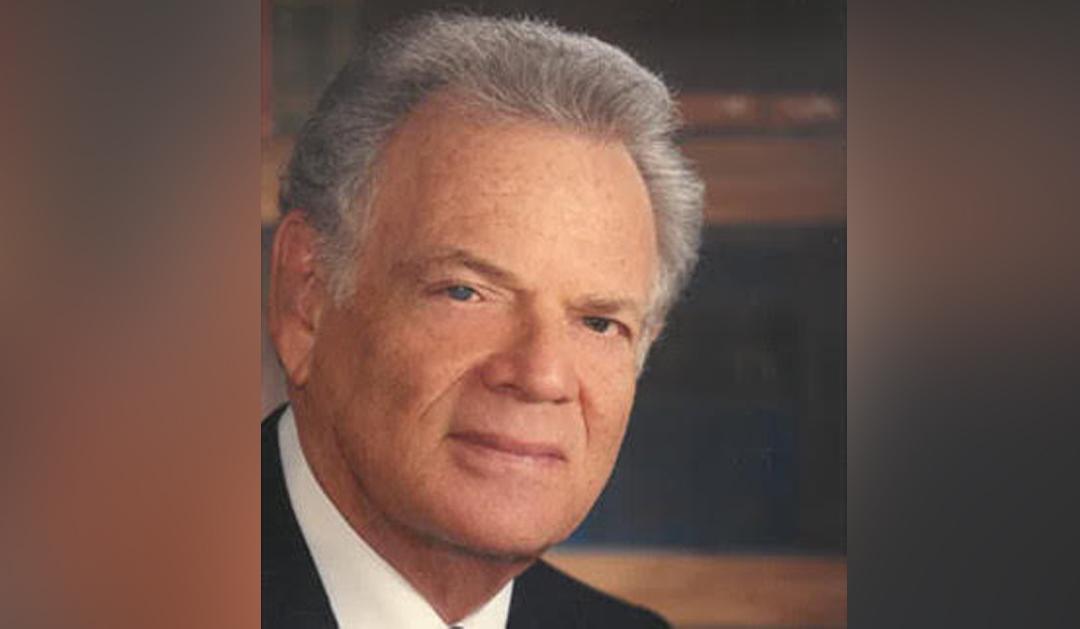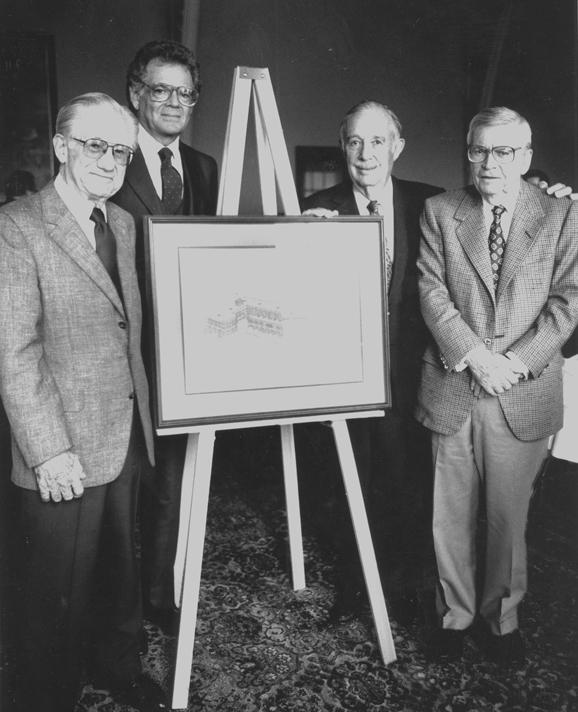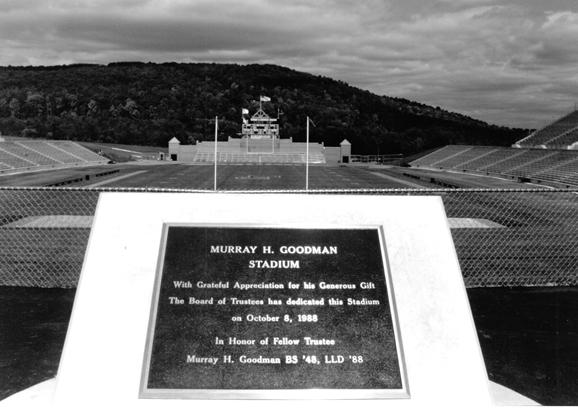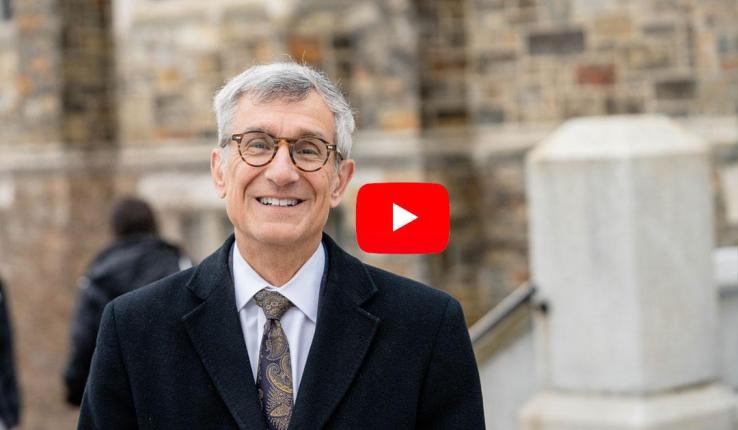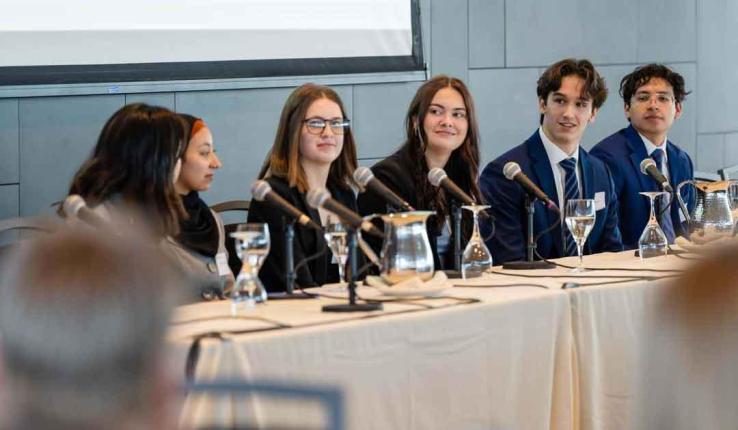Former trustee Murray H. Goodman ’48 ’88H—prominent American real estate developer, generous philanthropist, and the benefactor of the Goodman Campus, Goodman Stadium, Goodman Center of Real Estate in the College of Business and the Murray H. Goodman Dean of Athletics position—has passed away at age 99.
For almost 75 years, Goodman was the sole owner of the real estate development firm The Goodman Company, which was established in Allentown, Pennsylvania in 1960 and later headquartered in West Palm Beach, Florida. At the helm, Goodman developed more than 25 million square feet of commercial retail space, industrial buildings and regional malls. Widely respected as a leading visionary in commercial real estate development, especially during the mid-to-late 20th century, Goodman developed an impressive and vast portfolio of retail, hotel, and office properties across Pennsylvania, New Jersey, Virginia, Ohio and Florida.
Goodman is considered a pioneer of the “super-regional mall,” a retail concept popularized in the 1950s and ’60s—a pivotal period for the retail and suburban development boom in America. Always the visionary, Goodman imagined and realized destination-style shopping centers that attracted customers from a broad geographic area with a wide variety of specialty stores, restaurants, and entertainment options—all in one convenient location. Examples of Goodman Company super-regional malls include the 1.2 million square foot Granite Run Mall outside of Philadelphia, Pennsylvania, and the 1.1 million square foot Westmoreland Mall located near Pittsburgh, Pennsylvania.
Goodman is also known for his development of luxury shopping centers including 150 Worth (Esplanade) and Neiman Marcus, an award-winning shopping complex located on Worth Avenue in Palm Beach, Florida. He was ranked as one of the leading developers and managers of shopping malls by Shopping Center World, a highly respected trade publication.
“Murray Goodman was a symbol of American ingenuity, grit, and determination; he was also one of the most generous men I’ve had the privilege to know,” said President Joseph J. Helble ’82. “Because of his extraordinary generosity and vision, countless Lehigh students, athletes, and fans will enjoy the Goodman Campus and Goodman Stadium—just a few of the named contributions Murray Goodman made to Lehigh—in perpetuity. His passing is a tremendous loss for the Lehigh community, and he will be deeply missed.”


